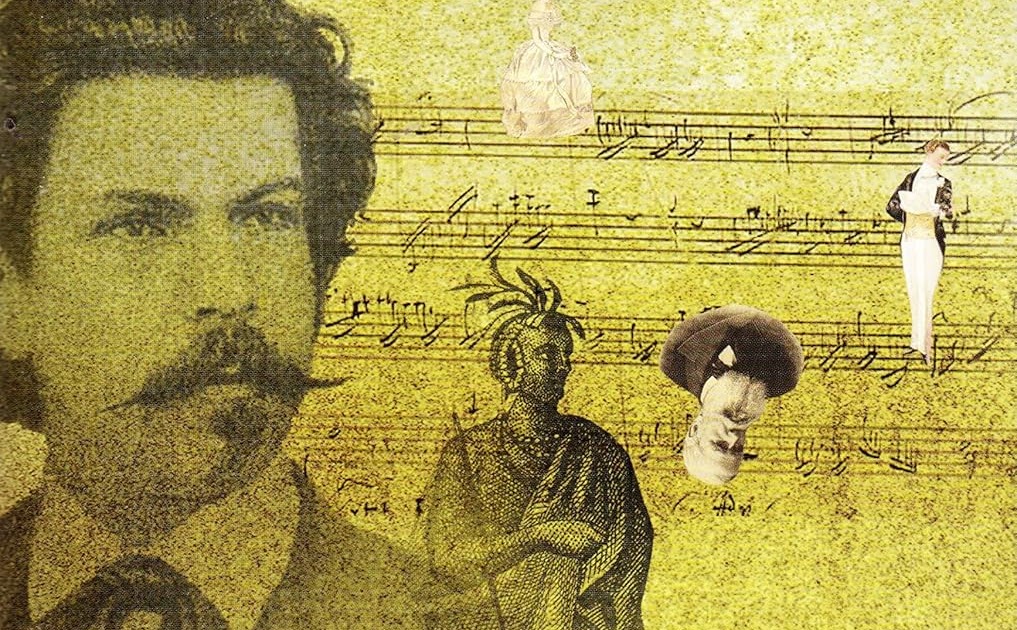
Original language: portuguese
Original title: The Opera Savage
Translation: Mario Merlino
Year of publication: 1994
Valuation: recommendable (maybe a little more for opera lovers)
The balls that Brazilian must have had to go toe-to-toe with Giuseppe Verdi and Giacomo Puccini, presenting an opera about an American Indian, Il Guarany, at the Teatro alla Scala, and also being received with success. This is the story of Antonio Carlos Gomes (appropriate name for a Brazilian musician), a composer who brought opera from the Indies back to the old continent.
The Savage of the Opera is the fictionalized biography of Carlos Gomes (that’s right, Fonseca didn’t only write crime fiction). Although his style is recognizable, the big difference between this book and his famous short stories or his detective novels lies in the rhythm. Here, Fonseca expands with detailed descriptions (excessive for some) about the European entertainment world of the late 19th century, the stages and the performances. The love that the author felt for the opera is evident, which can be dense in certain passages for those readers more interested in the personal tribulations of Carlos Gomes or in the linear development of the plot.
In addition to portraying the artistic environment, Fonseca not only describes the glitter and pomp of the European halls, but also the political background and the tensions between the old imperial order and new forms of republican organization. This duality adds a historical dimension that complements the musical plot.
Another central point is the marked contrast between Carlos Gomes’ life in his country and the difficulties he faced in his interactions with European high society. In Brazil he was a recognized genius, a prestigious national musician who remained faithful to Emperor Dom Pedro II and the old customs (he even refused to compose the national anthem once Brazil became a republic, opting instead to create a work in honor of the “discovery of America”). In Europe, however, he found himself in a much more uncomfortable position: he was seen as an exotic Indian who had to present himself impeccably dressed and with his hair ironed so as not to be considered a savage drummed out of the jungle.
I recommend this book, particularly for lovers of Western classical music in general and opera in particular. I even recommend accompanying the reading with an arias from Rigoletto, La Traviata, or Il Guarany (or if you can sing them, even better). The experience can be as enriching as the text itself (you can always be more sucky).
Other books by Rubem Fonseca in ULAD: The great art, The seminarian, Vast emotions and imperfect thoughts, Bufo and Spallanzani
Source: https://unlibroaldia.blogspot.com/2024/12/rubem-fonseca-el-salvaje-de-la-opera.html


